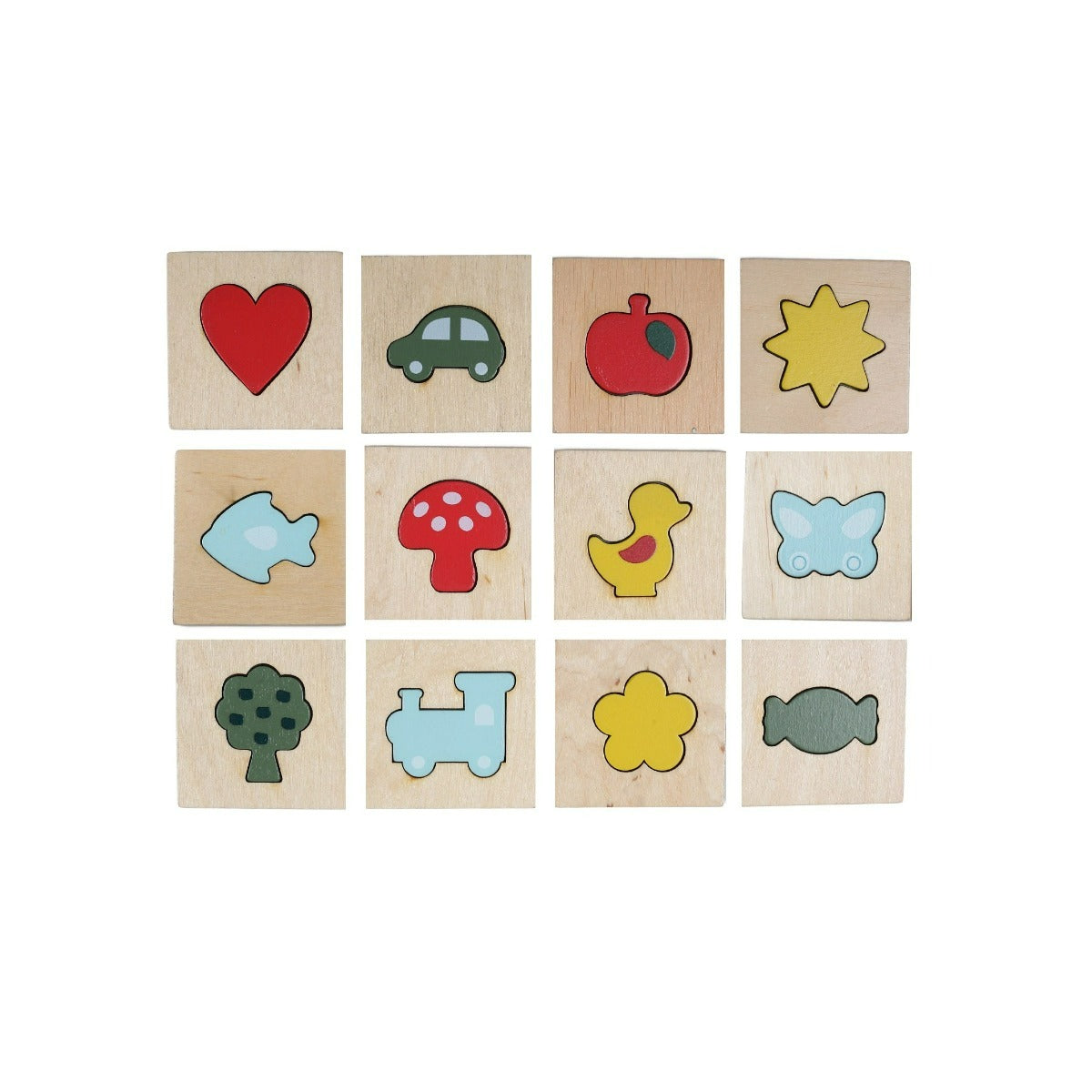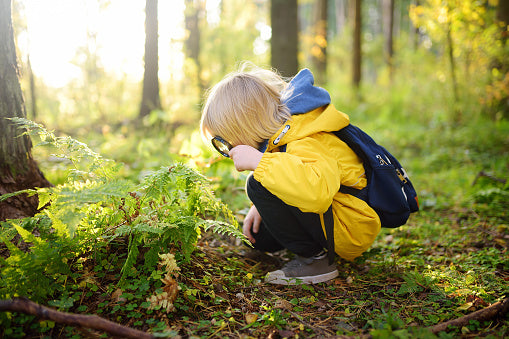Our connection to nature is innate, ever-present and irreversible. I say that because in some sense we are also nature. Our body made up of cells is nature with its inherent intelligence. Our food is from nature’s bounty. We are surrounded by trees, animals, earth and sky. We are immersed within nature.
Separation in that sense is impossible.
It is little wonder then, that children have an inborn affinity to nature. To quote George Eliot, (or actually Mary Ann Evans):
“We could never have loved the earth so well if we had had no childhood in it, if it were not the earth where the same flowers come up again every spring that we used to gather with our tiny fingers as we sat lisping to ourselves on the grass, the same hips and haws on the autumn hedgerows, the same redbreasts that we used to call ‘God’s birds’ because they did no harm to the precious crops. What novelty is worth that sweet monotony where everything is known and loved because it is known?”
Early experiences in nature are connected to a child’s development. It is the way a child knows and learns about the world around us. It forms the basis of a lifelong connection with nature. Children notice everything. From a straggling weed that has determinedly made its way through a crevice in the pathway to the tiniest insect that they come in contact with.
In a school, a tiny tot encountered a specimen collection of bugs and a magnifying glass. She was fascinated. Each day she would take it to a chowki to look at. On the very first day, she touched a moth gingerly and said “Bug, Yuck.” Then the jewel beetle “Yuck, Yuck” The fascination was her authentic expression of connection and curiosity. The “yuck” was the conditioning of how adults around her responded to insects.
We adults have developed an alienation with nature in the midst of our urban surroundings. We have forgotten what it is to feel the soft crumble of a mud ball in our hand or to breathe in the scent of a flower or a plant. We don’t remember when we last planted a seed and then waited for it to sprout or spent time watching a line of ants hurrying along. However, as parents, one of the best gifts we can give our children is to understand the importance of children interacting with nature.
This blog took inspiration from the following article by Dr. Ruth Wilson, an early childhood expert. Here it is for anyone who wants a more detailed understanding.
https://uucmthemes.files.wordpress.com/2016/01/wonders-of-nature-wilson.pdf


